Safety and Compliance Jobs at Sea
Unveil the crucial roles in safety and compliance at sea, exploring detailed job descriptions, required skills, career paths, and current vacancies in the maritime industry.
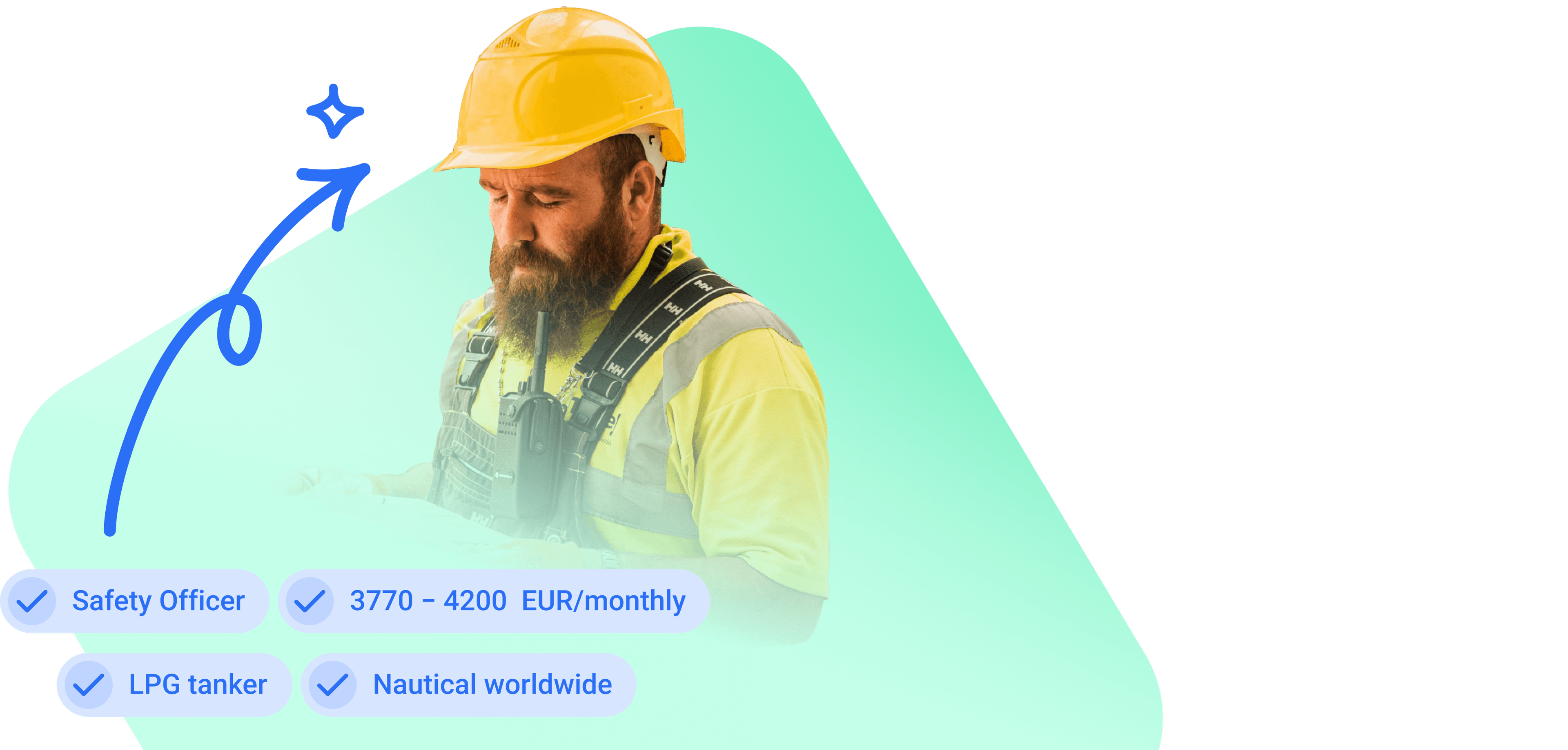
Unveil the crucial roles in safety and compliance at sea, exploring detailed job descriptions, required skills, career paths, and current vacancies in the maritime industry.

A Safety Officer in the maritime and offshore industries plays a critical role in ensuring the safety and compliance of operations on ships, oil rigs, and other marine environments. This position is pivotal in maintaining workplace safety, minimizing environmental hazards, and ensuring that all operations adhere to both international and national safety regulations.
In the maritime context, a 'maritime safety officer' is responsible for the safety of vessels, including cargo ships and passenger liners. They are tasked with implementing and monitoring safety protocols, conducting regular safety drills, and ensuring crew and passenger safety against all possible maritime hazards. Their role also involves keeping up-to-date with the latest maritime safety regulations and training ship personnel in safety practices.
Conversely, an 'offshore safety officer' focuses on safety measures in offshore environments such as oil rigs and offshore wind farms. This role demands a high level of expertise in handling the unique challenges of isolated environments. Offshore safety officers oversee the implementation of emergency procedures, conduct risk assessments, and ensure that all operations comply with environmental and safety standards specific to offshore operations.
In both contexts, Safety Officers are vital in creating and maintaining a safety culture that can significantly reduce the risk of accidents and ensure the welfare of all personnel and the environment. Their responsibilities may vary slightly based on their work environment, but the core aim remains the same: safeguarding human life and the marine ecosystem from potential threats and hazards.
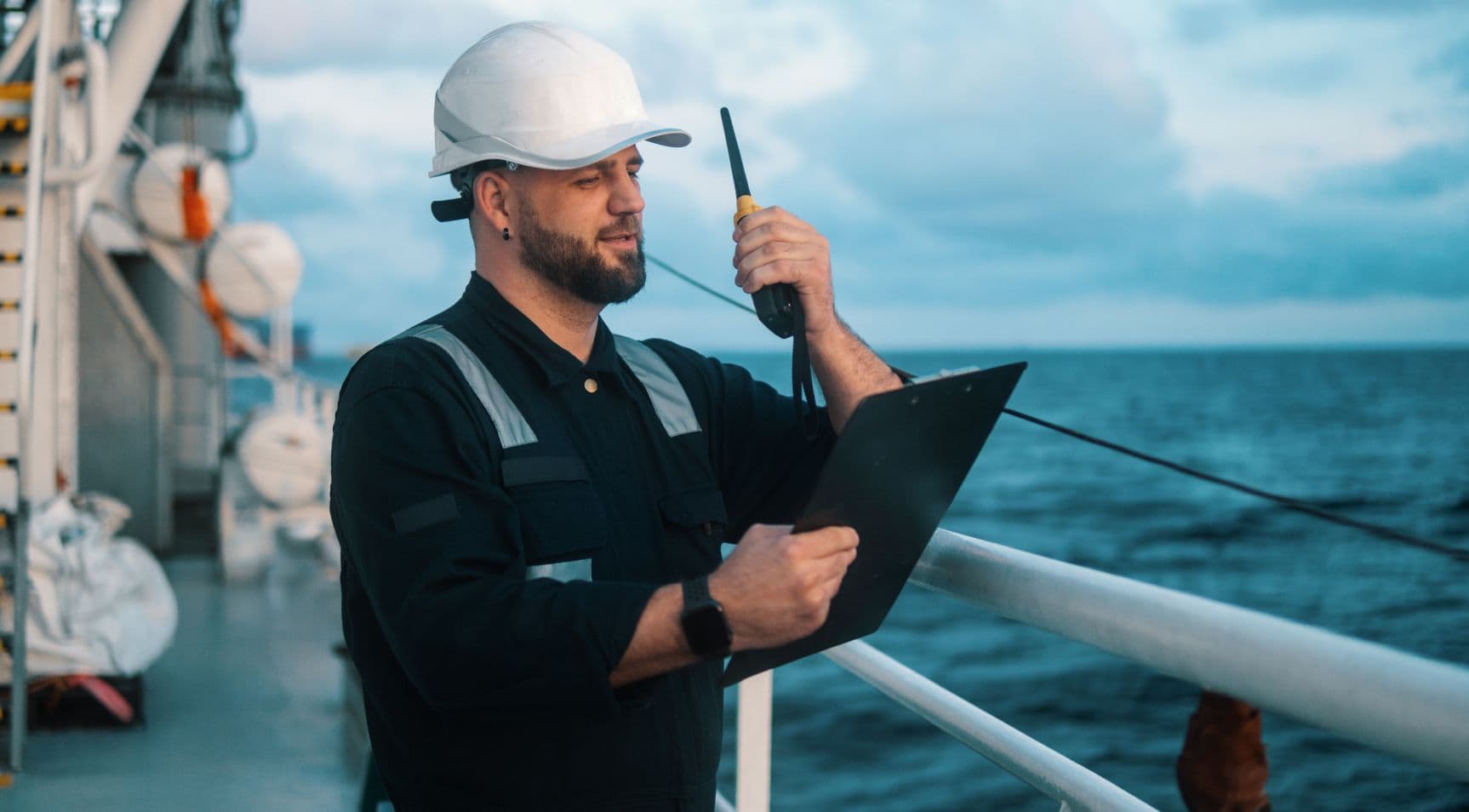
A Health, Safety, and Environment (HSE) Officer in the maritime industry ensures that all aspects of health, safety, and environmental protection are managed and improved upon within marine operations. This role is crucial for preventing workplace accidents and environmental incidents that could pose serious risks.
The core duties of a 'marine HSE officer' include conducting regular safety inspections and audits, ensuring compliance with safety regulations, and developing safety management policies that align with current laws and standards. They are responsible for identifying potential hazards, assessing risks, and implementing strategic measures to mitigate them. Training and educating ship personnel in safety practices is also a significant part of their role, as is maintaining records of incidents and accidents to ensure compliance and facilitate ongoing improvement.
In offshore settings, an 'HSE officer offshore' faces unique challenges due to the isolated and sometimes harsh environments. These officers must deal with specific issues such as platform stability, hazardous operations like drilling, and the handling of hydrocarbons, which require specialized knowledge and strategies. Their role involves more intensive monitoring of operational practices, emergency response planning, and the execution of rigorous safety protocols specific to offshore operations. They also play a critical role in environmental protection, ensuring that operations do not adversely affect marine life and that all practices adhere to stringent environmental standards.
The impact of HSE Officers is profound as they contribute to creating a culture of safety that can significantly reduce work-related injuries and environmental damage. Their work not only helps protect employees' health and safety, shields organizations from legal issues, and preserves the environment. Especially in offshore settings, where risks can be particularly high, a knowledgeable and proactive HSE Officer is vital to maintaining operational integrity and sustainability.
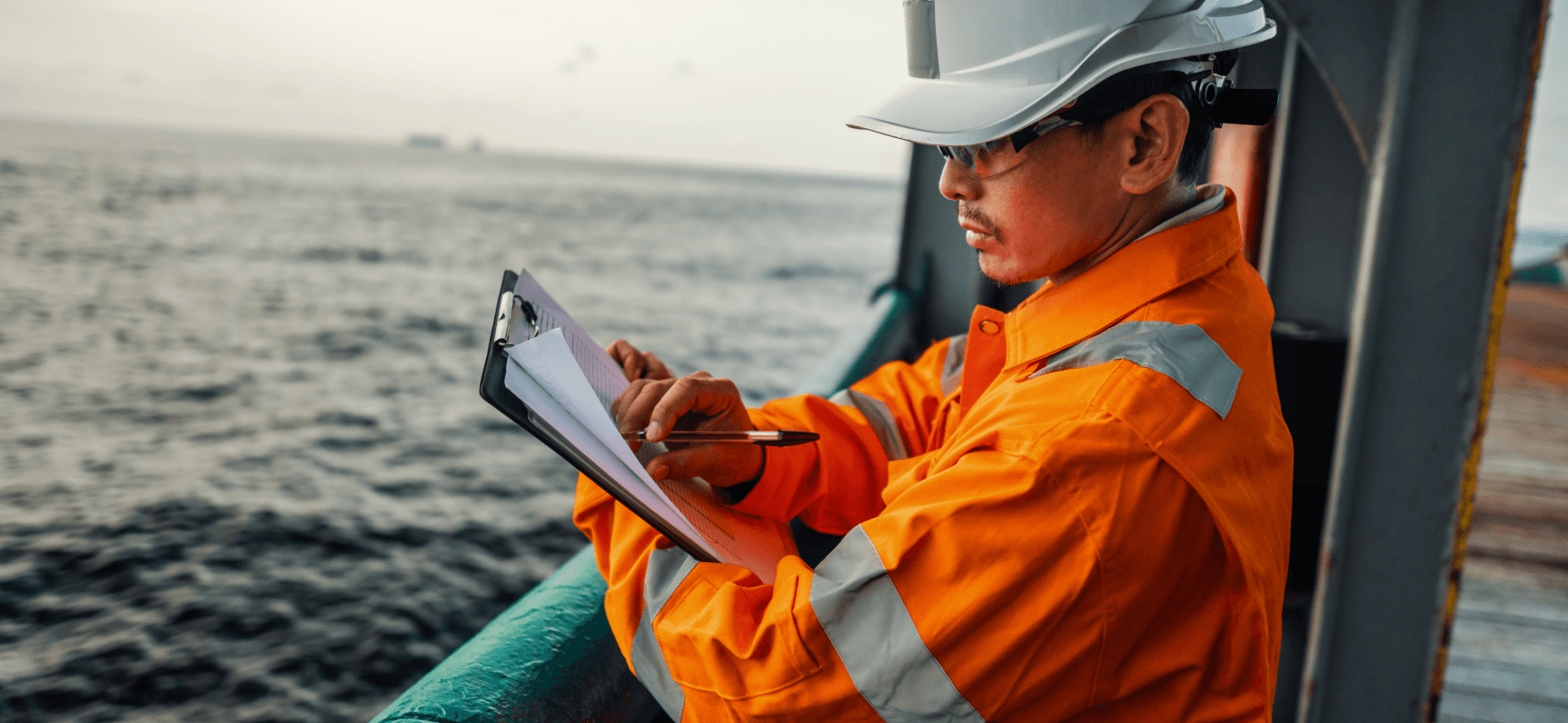
Safety and compliance are foundational pillars in maritime and offshore engineering, ensuring the well-being of personnel, the protection of the environment, and the operational efficiency of vessels and platforms. These roles are critical in navigating the complex regulatory landscapes and technical challenges of the maritime industry.
In the domain of maritime operations, safety and compliance officers ensure that all activities adhere to both international maritime laws and national regulations. These roles involve rigorous monitoring and enforcement of safety standards, from the construction and maintenance of ships to their operation. This ensures that every aspect of maritime operations, from crew working conditions to the handling of hazardous materials, is conducted under strict safety protocols to prevent accidents and environmental harm.
Safety and compliance roles are intricately linked with naval engineering, where the design and engineering of ships and marine structures must meet stringent safety and environmental specifications. Naval engineers collaborate closely with safety officers to design vessels that are not only efficient and effective for their intended purposes but are also safe and compliant with global safety standards. This integration is crucial in areas like hull design, machinery operations, and the implementation of advanced navigational technologies.
In offshore engineering, safety and compliance roles take on even greater significance due to the high-risk environments associated with offshore oil rigs, wind farms, and other remote installations. Here, safety officers are vital in developing emergency response strategies, conducting hazard and operability studies, and ensuring that all operations are carried out within the framework of environmental protection laws. Their work helps mitigate risks associated with offshore drilling and production, which can have severe implications for both personnel safety and environmental health.
Overall, safety and compliance officers have a profound impact on maritime operations. They are essential for maintaining the safety culture within the maritime sector, influencing policy development, and ensuring that the shipping and offshore industries can operate smoothly while minimizing risks to humans and the environment. Their roles are continually evolving in response to new technological advancements and changes in international maritime regulations, making them indispensable in the sustained growth and development of the maritime industry.
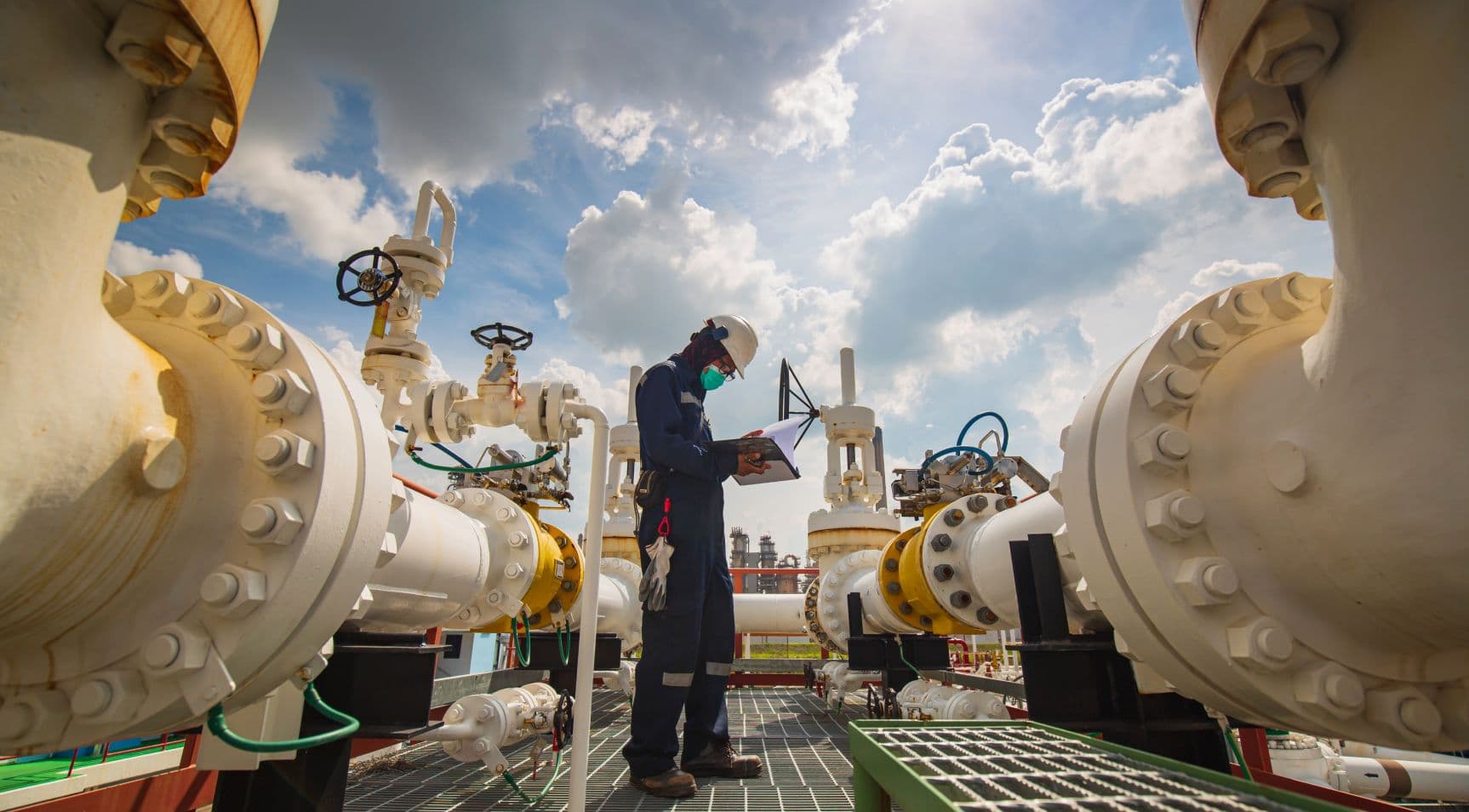
In the maritime and offshore industries, safety and compliance roles are vital for maintaining operational integrity and safeguarding both personnel and the environment. Here, we explore key positions such as Assistant Safety Officer, Safety Technician, and QHSE (Quality, Health, Safety, and Environment).
Salaries for safety and compliance roles in the maritime industry vary significantly depending on the specific job, geographic location, and level of experience.
Regional Differences: Salaries in the maritime industry also vary by region, with professionals in areas with significant maritime activities, such as the Gulf of Mexico, North Sea, or the Arabian Gulf, often earning higher wages due to the demand and cost of living in these areas.
Experience Level Impact: Experience significantly impacts wages in the maritime safety field. Higher levels of responsibility, advanced training, and years of service can lead to substantial increases in compensation.
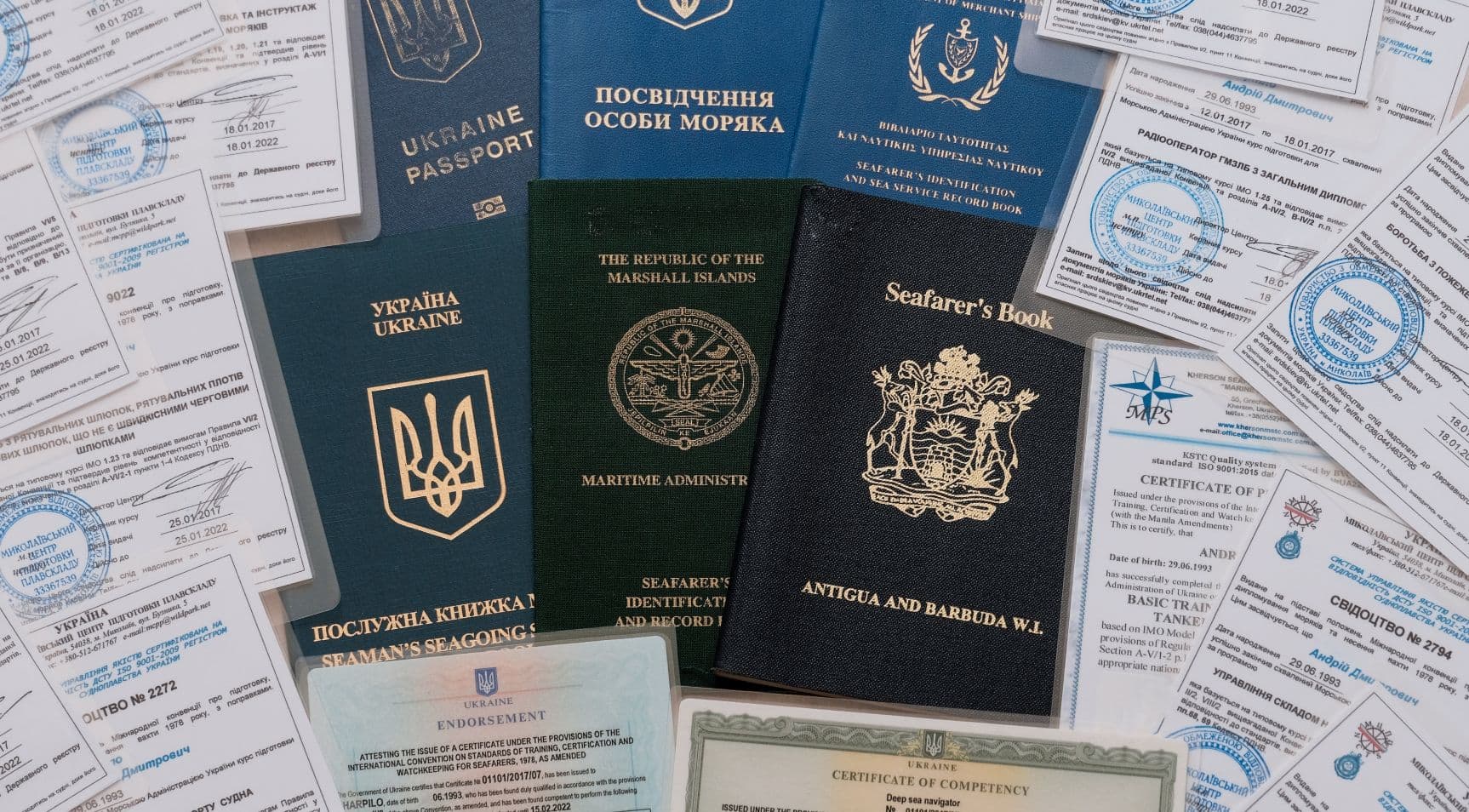
For professionals aspiring to advance in the field of maritime safety and compliance, certain educational backgrounds, certifications, and specialized training are essential. These qualifications not only enhance job performance but also ensure adherence to international safety standards, which are critical in the maritime and offshore industries.
A foundational education in fields related to maritime operations, such as marine engineering, environmental science, or occupational health and safety, is crucial for those looking to enter safety and compliance roles. A degree or diploma in these disciplines provides a solid base of knowledge that is often a prerequisite for more advanced certifications and roles in maritime safety.
Beyond general safety courses, specialized training programs are available that focus on particular aspects of maritime operations:
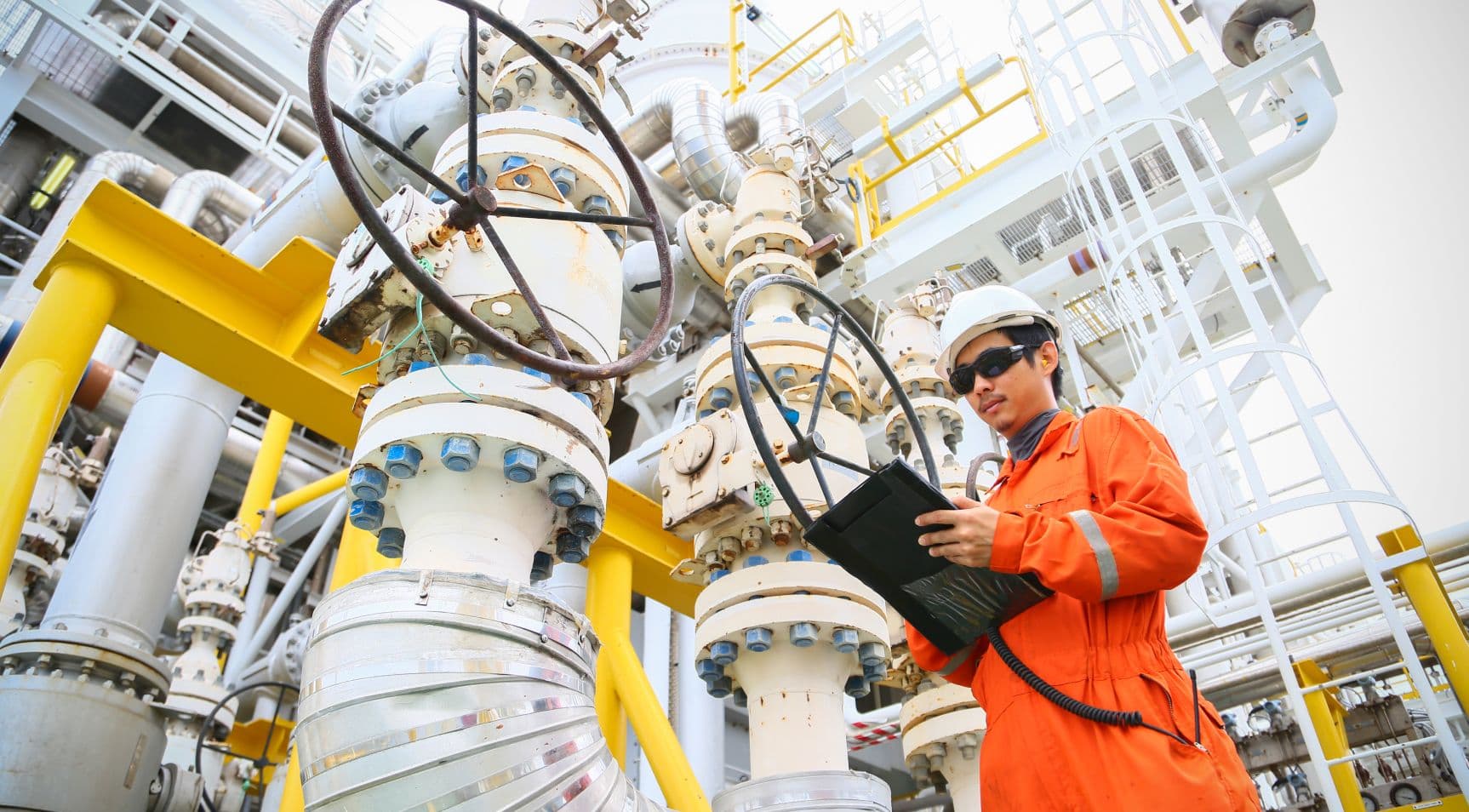
The career trajectory in maritime safety offers diverse opportunities for growth and advancement, ranging from entry-level roles to senior management positions. Understanding these pathways is crucial for professionals aiming to develop their careers in this vital field.
Starting out, individuals often enter the maritime safety field as Assistant Safety Officers or Safety Technicians. These roles provide foundational experience in safety protocols, emergency procedures, and compliance with maritime regulations. With experience, individuals in these roles can progress to full Safety Officers, taking on greater responsibilities and managing more complex safety operations aboard ships or at offshore facilities.
Continuing professional development through additional certifications and training is crucial at this stage. Engaging in courses like the Shipboard Safety Officer Course or obtaining certifications such as NEBOSH can enhance one’s qualifications and open up further opportunities.
As maritime safety professionals gain experience and additional qualifications, they can move into more specialized roles such as Marine HSE Officers or QHSE Managers. These positions involve overseeing comprehensive health, safety, and environmental programs, developing safety policies, and leading safety audits and inspections.
Senior roles might also include becoming a Maritime Safety Consultant, where professionals advise on safety management systems, help implement best practices across fleets, and provide training and support to ship crews and company staff. Leadership roles such as Head of Safety and Compliance are also achievable, where one might be responsible for directing all safety and compliance strategies across a company's operations.
Advancement in maritime safety is greatly enhanced by continuous learning and professional development. Staying updated with the latest safety technologies, regulations, and best practices is essential for advancing in this field. Attending industry conferences, participating in workshops, and being active in professional organizations can also provide networking opportunities and insights into emerging trends in maritime safety.
Professionals should also consider cross-training in related areas such as environmental management and emergency response to broaden their expertise and improve their employability in higher roles. As the maritime industry continues to evolve, particularly with advances in technology and changes in environmental legislation, the demand for highly skilled and versatile safety professionals will likely increase.
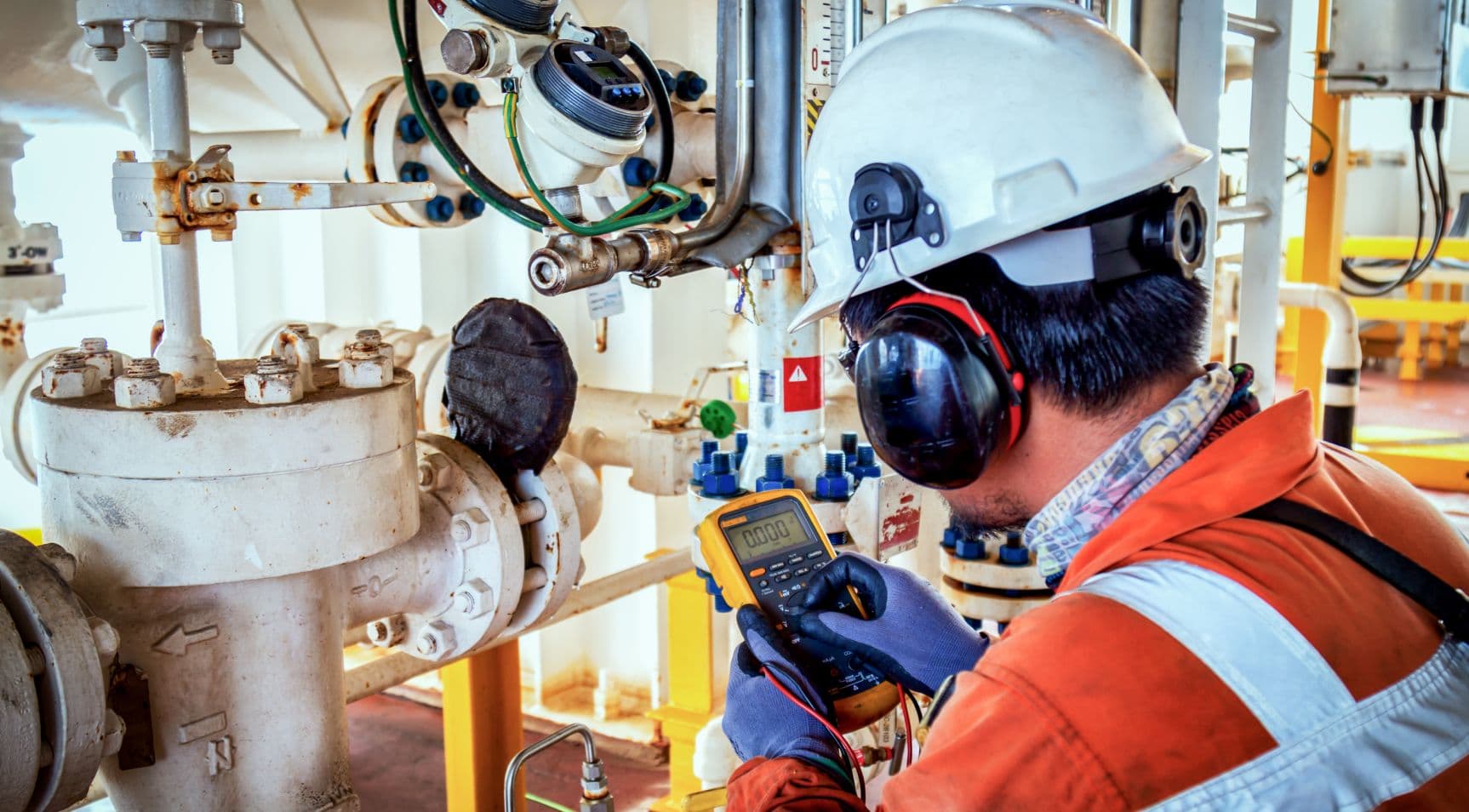
The job market for safety and compliance roles in maritime settings is both dynamic and essential, reflecting the ongoing need to maintain high standards of safety and environmental care in the industry. As global trade expands and environmental regulations become more stringent, the demand for qualified safety professionals continues to grow.
The maritime industry is experiencing a steady demand for safety and compliance officers, driven by increasing awareness of workplace safety and environmental protection. The expansion of offshore energy projects, such as wind farms and oil drilling platforms, also contributes to this demand. With international maritime laws frequently updating to incorporate more stringent safety measures, the need for professionals who can navigate these changes and implement necessary adjustments is crucial.
Regulatory changes and technological advancements often lead to new job openings for safety and compliance roles. Professionals with expertise in the latest safety technologies, risk management, and emergency response are particularly sought after. The ability to adapt to new safety protocols and technologies quickly is a highly valued skill in the current job market.
Certain regions are hotspots for maritime safety jobs due to their bustling maritime activities. Areas like the North Sea, Gulf of Mexico, and regions around Southeast Asia, which host extensive shipping operations and large offshore industries, typically have a higher demand for maritime safety professionals.

To become a Marine Safety Officer, one typically needs a background in marine engineering, environmental science, or a related field. Essential steps include:
Offshore Safety Technicians often deal with:
Safety and compliance professionals play a pivotal role in the maritime industry. They are the backbone of operational safety, ensuring that the high seas and offshore environments are as safe as possible for all personnel. With the maritime industry growing and evolving, the demand for skilled safety and compliance professionals is at an all-time high. Pursuing a career in this field is not only rewarding but also critical in making a significant impact on the global trade and environmental preservation.